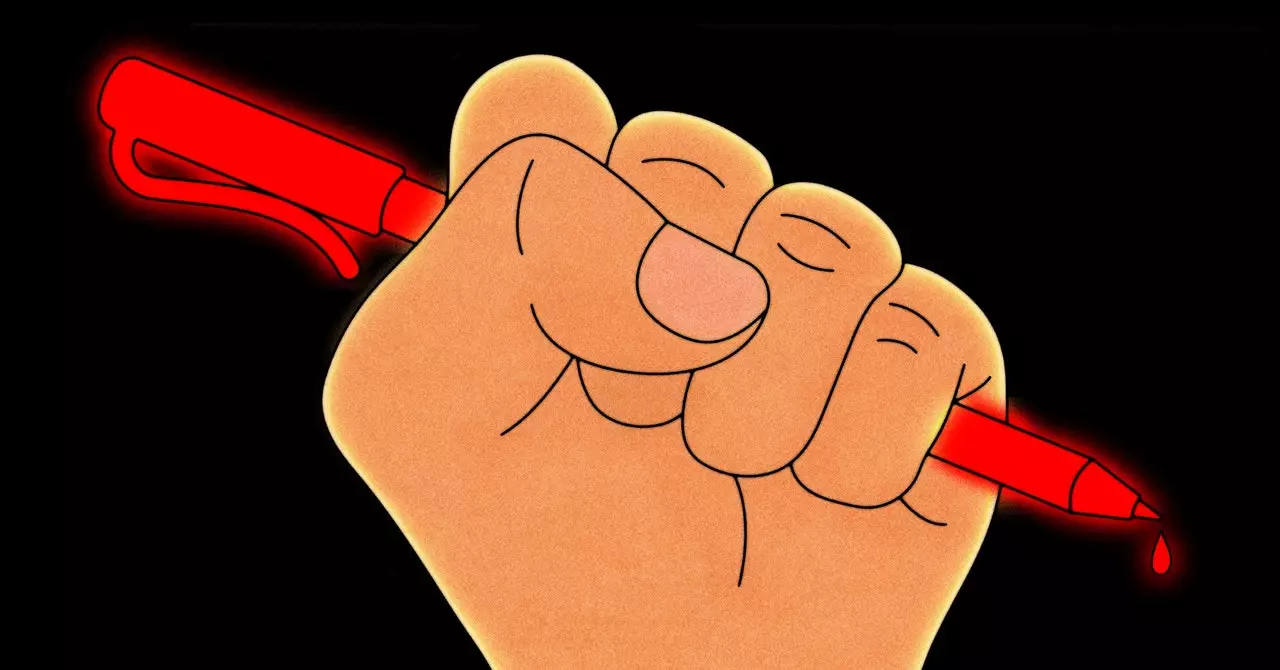The legal landscape surrounding artificial intelligence (AI) is rapidly evolving, spurred by the ambitious technological advancements that continue to emerge. As companies iterate and innovate in the realm of AI, a growing concern has emerged regarding copyright infringement and fair use—a situation that has led to a series of high-profile lawsuits. One of the earliest—and perhaps most significant—of these cases involved Thomson Reuters and a legal AI startup named Ross Intelligence. Initiating its lawsuit in May 2020, Thomson Reuters accused Ross Intelligence of infringing upon its copyright and reproducing materials from its flagship legal research platform, Westlaw. This case, while initially overshadowed by the pandemic and its broader implications, has now illuminated the complexities of copyright law in an era dominated by generative AI.
In the backdrop of the pandemic, when many societal issues were thrust into the limelight, the legal skirmishes surrounding AI went relatively unnoticed—yet their ramifications are enormous. Lawmakers, tech firms, and content creators alike are now enmeshed in a debate that could redefine how AI systems learn and operate. The Thomson Reuters case can be viewed as the first indication of a much larger conflict that is poised to play out in courts across the United States. Since the filing, a torrent of other copyright lawsuits has surged forth, involving an array of claimants from diverse fields—individual authors like Sarah Silverman and Ta-Nehisi Coates, visual artists, major media publications, and music industry powerhouses like Universal Music Group.
These plaintiffs have contended that AI companies are leveraging their work to train powerful, commercially viable AI models without explicit consent or financial recompense, characterizing these actions as theft. This contentious atmosphere raises fundamental questions about the rights of creators in the digital age and who ultimately benefits from AI’s capabilities.
In response to these allegations, AI firms have often turned to the “fair use” doctrine as a legal shield. Fair use allows for the use of copyrighted materials without authorization for certain purposes, such as commentary, criticism, and educational endeavors. AI companies assert that the processes involved in developing generative AI tools constitute a fair use situation. However, the complexities of what constitutes fair use in this novel context have led to heated debates among legal experts and stakeholders alike.
Examples of acceptable fair use, such as parody or news reporting, may not easily apply to AI training processes. The unique nature of AI generates a host of new scenarios that challenge traditional interpretations of copyright law. The AI landscape is dotted with major players, including OpenAI, Meta, Microsoft, Google, Anthropic, and Nvidia, all of whom are currently embroiled in varying degrees of legal contention. The implications of these cases extend beyond legal minutiae; they pose existential questions about the future shape of the AI industry itself.
As it stands, the original case between Thomson Reuters and Ross Intelligence continues to linger in the court system, with its complexities displaying no signs of resolution. Originally slated for trial earlier this year, proceedings have been indefinitely delayed, a development that symbolizes the broader uncertainties surrounding AI litigation. The financial and operational strain of the litigation has already led to Ross Intelligence’s demise, underscoring the high stakes involved—not just for individual companies, but for the entire AI ecosystem.
Further complicating matters are other prominent lawsuits, such as the one brought forth by The New York Times against industry giants OpenAI and Microsoft. These cases highlight the growing concerns about transparency and accountability in AI, as both parties grapple with what information they are obliged to disclose during the discovery phase.
The legal battles presently unfolding will likely shape the future of the AI industry and its relationship with copyright law. As cases pile up, the interplay between innovation and intellectual property rights becomes increasingly pronounced. The outcome of these lawsuits could encourage a more cautious approach among AI developers, or alternatively, pave the way for modified interpretations of copyright laws that embrace technological progress. For everyone interacting with AI on the internet—from casual users to industry professionals—the repercussions of these legal developments are destined to be profound and far-reaching. Understanding and engaging with these issues is not just essential for legal practitioners, but for anyone invested in the evolving dance between creativity and technology.


Leave a Reply